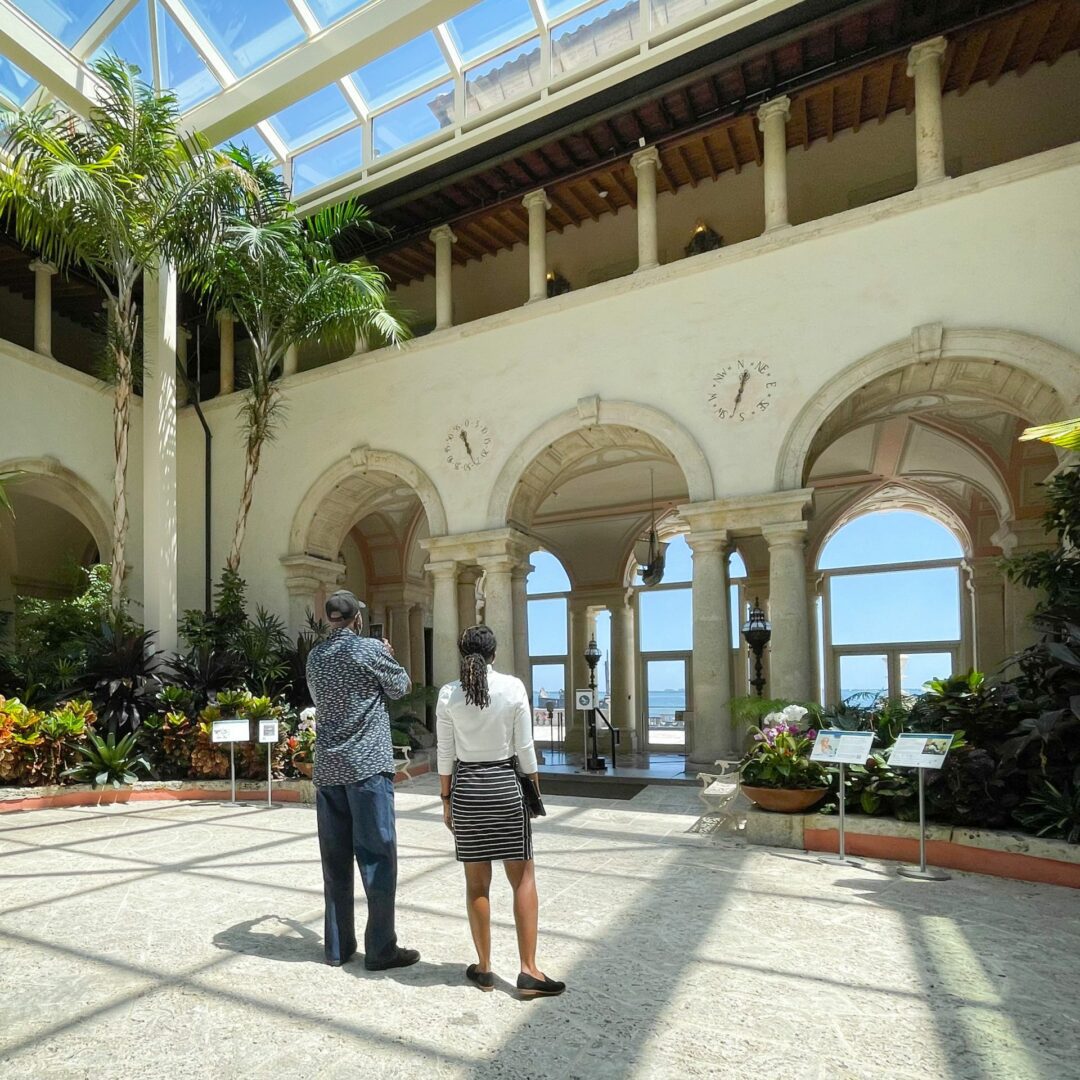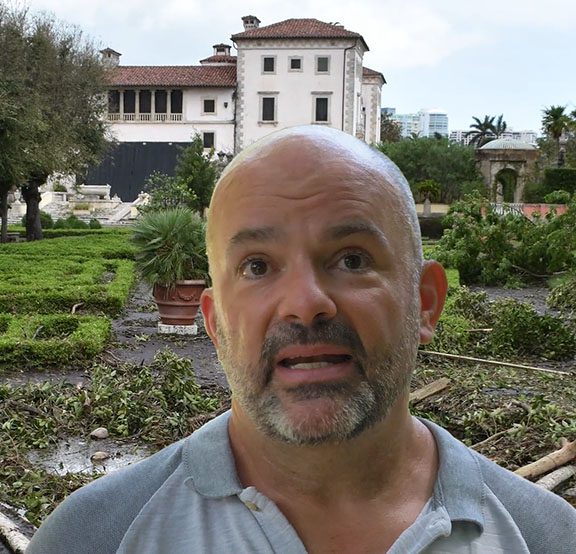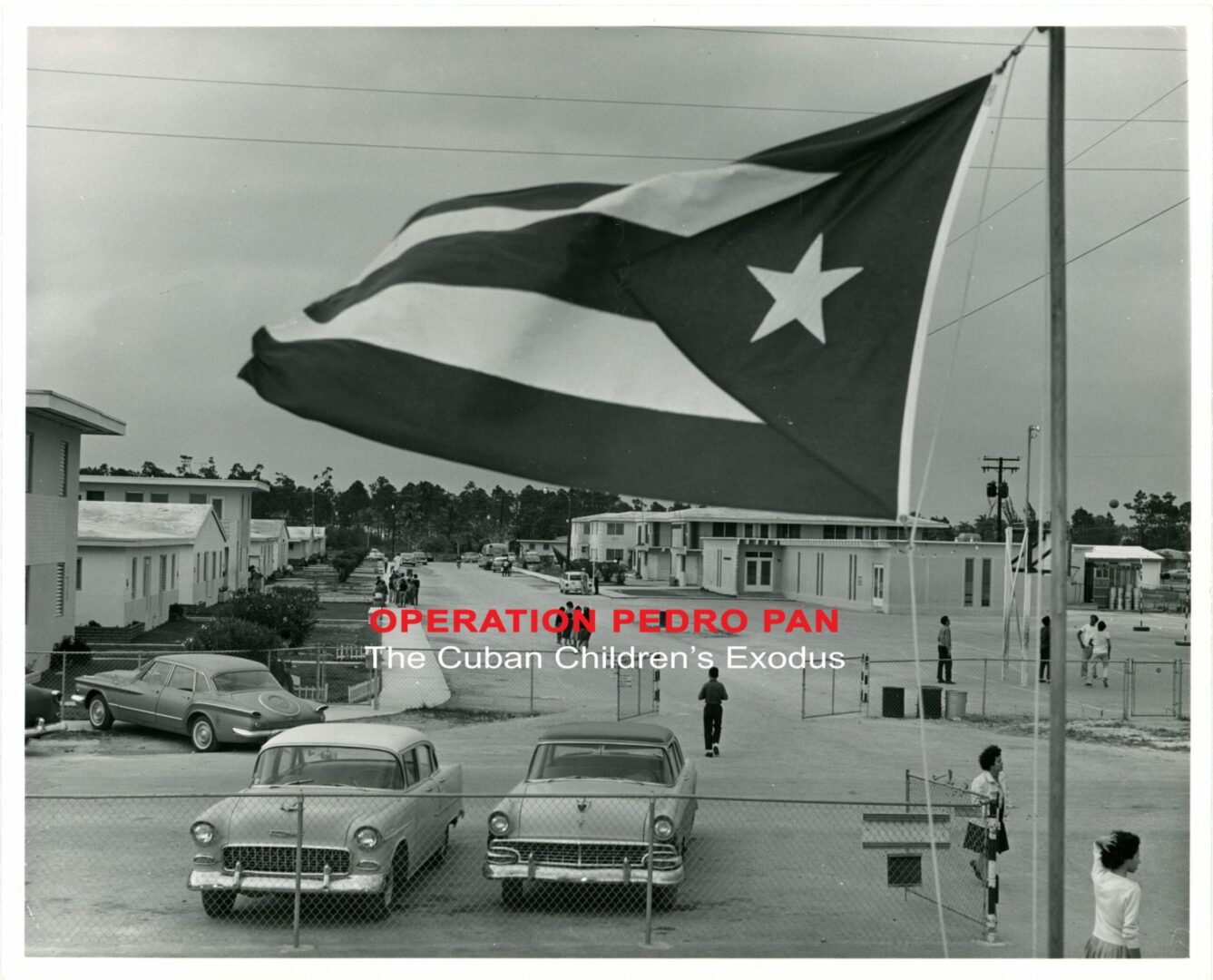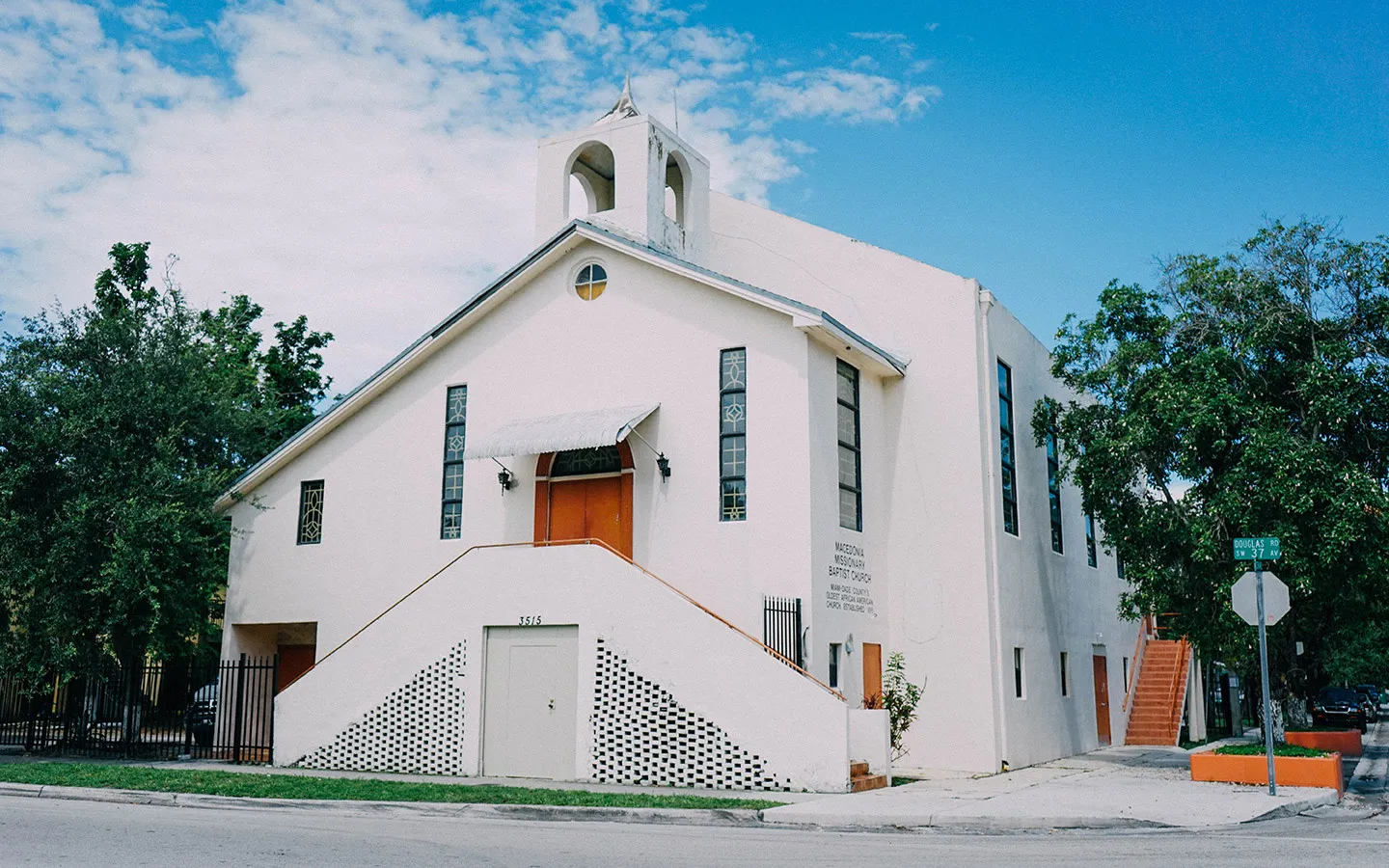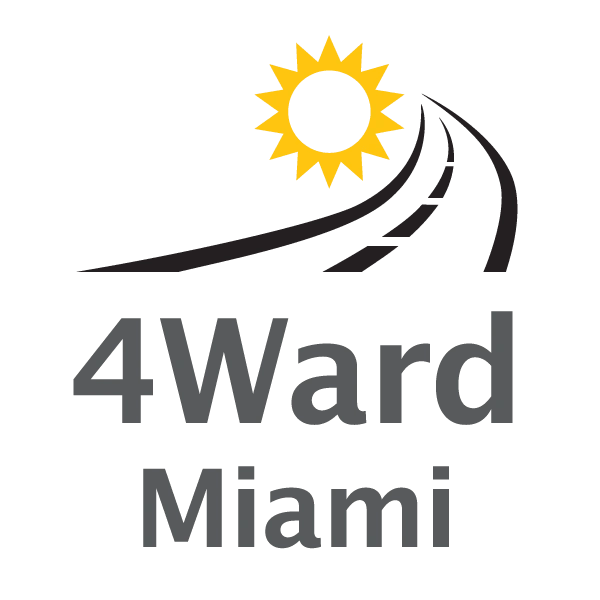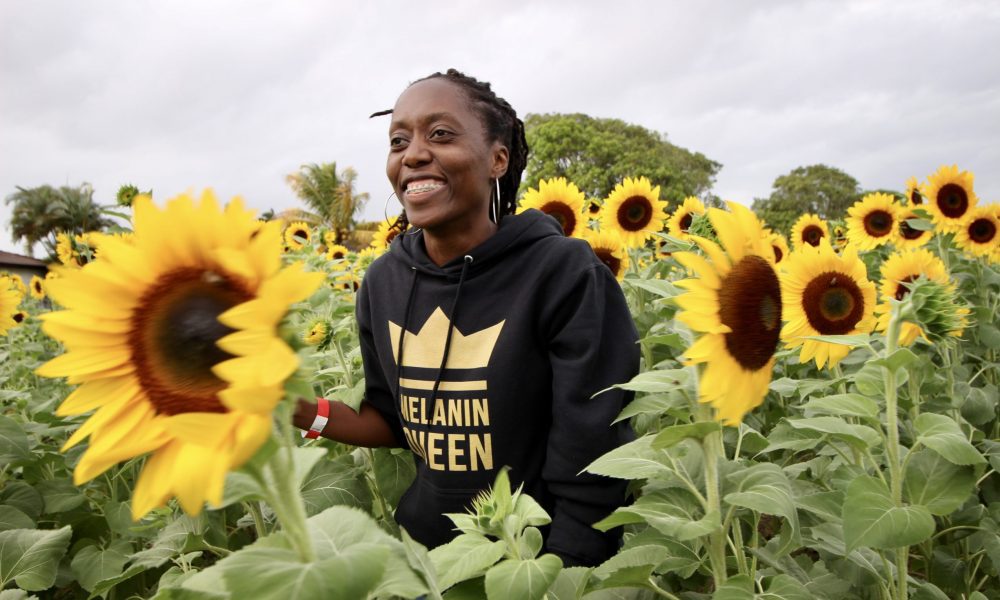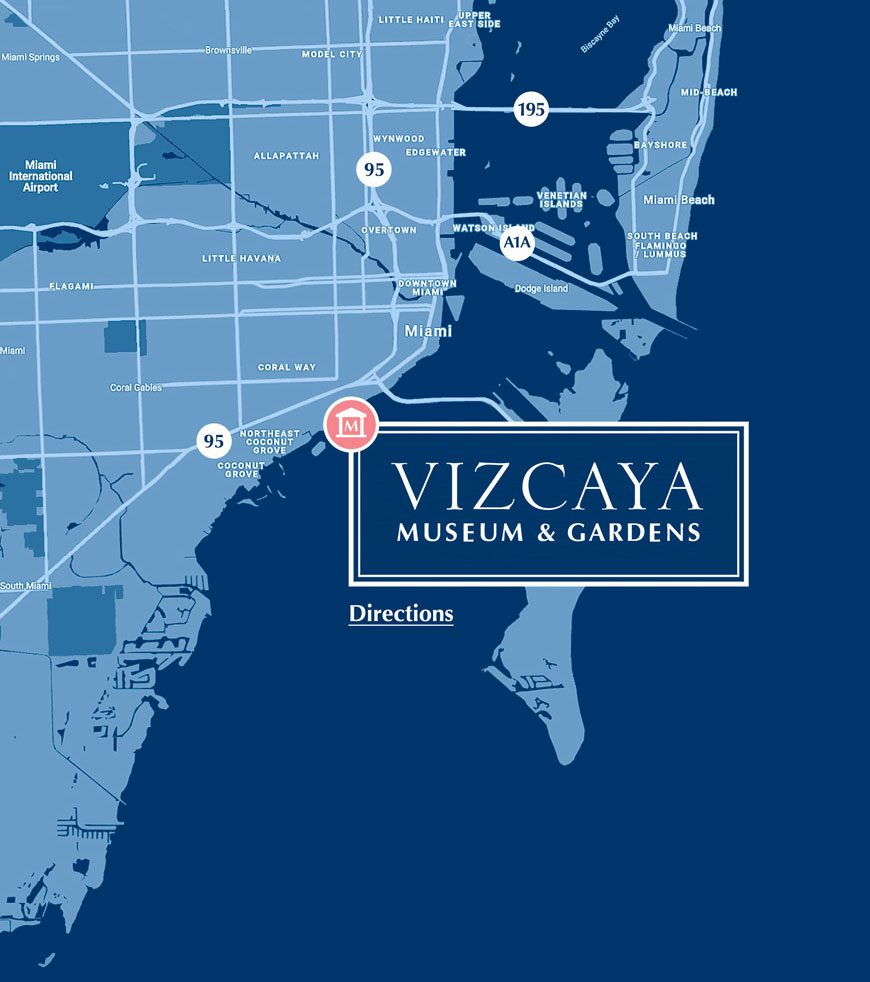Transcript
(00:00)
Richard Blanco
I always like to say writing makes you think and thinking makes you write. I think writing for me, in my case poetry, is a way of discovering what you don’t even know yet. You don’t have to come to the page knowing what it is you don’t know. So the art itself leads you to think differently, to think more deeply, and so resolving issues of, in my case, issues of home, identity, belonging.
(00:26)
And I’m always surprised when I finish a poem that there’s always, just when I thought I knew an answer to something, there’s something new that happens, something new that I see myself, the world, someone in my life, a memory in a different way, so that’s the way writing works for me.
(00:44)
I think poetry is a lot like music, that you touch people by
just sharing your life, by being a witness to your own life, by doing some of the work in some ways, and that opens up people’s hearts to their own, their own joys, their own sorrows, their own issues that they have to perhaps think about.
(01:05)
So I feel that the role of the artist in general does that. We offer up our art as a way, like they say, once we finish
a poem, it’s no longer art. That poem is a gift, and that poem is for the person to take it and do with what they need to do with it.
01:23)
On another level also, the
idea of how a poet also needs to step up, be a poet of social conscience about what are the issues out there that we need to sort of amplify. So that’s another way that I think poets serve people and society.
(01:42)
But what I’ve realized as a professor, that I’m trying to be
there more for my students to understand that there
are people in the world that they can look up to, and not just me, but writers and artists and whatnot, to give them some more grounding in this world where everything is being sort of dead-ended for them.
(02:02)
So that’s what I’m trying to do and understand. I’m also working with PEN America, which is about banned books, but they’re kind of related in the same way, like why are you banning these books? Well, some of those books are banned because nobody wants to learn about the LBGT history or LGBT experience.
(02:23)
So, yeah, I mean, in some ways, it can be tiring or oppressive, and sometimes I do think about like, well, let me just go work at Vermont, something like that, but I’m like hell no. Like this is where we need people most are states like this, so I’m like, no, I’m staying here ’til you kick me out. (Richard laughing)



